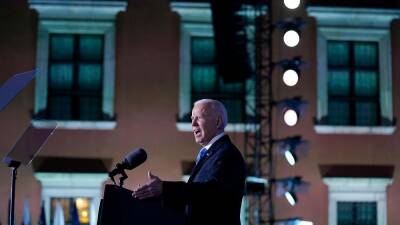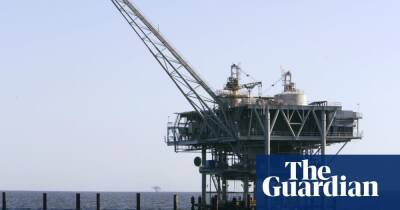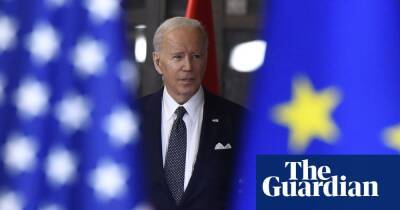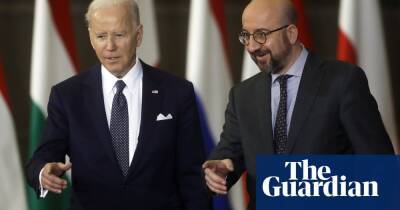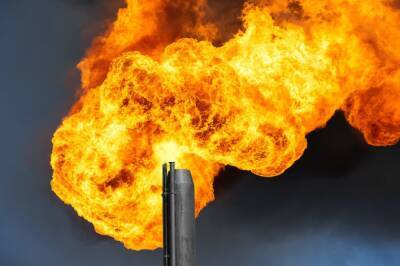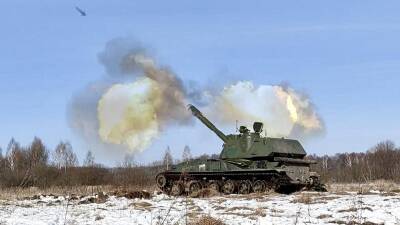Could a behavioural change campaign save energy and cut Russian gas imports?
There is a second world war poster showing a red-faced couple looking angrily at their daughter as she adds more fuel to their fire. The caption reads: “Save fuel to make munitions for battle.”
It was one of a series of public campaigning posters aimed at driving a collective response to the need to save energy for the war effort. The message was clear: stop using so much fuel, because it is needed for the fighting troops.
Today, as Europe and the UK try to pivot away from their dependence on Russian fossil fuels, there is as yet no similar call for collective action from the populace.
But Russia gets 40% of its revenue from fossil fuel exports, so any reduction in oil and gas demand will hit Vladimir Putin’s finances. Europe imports 40% of its gas from Russia and 25% of its oil, so any drop in consumption could make a significant impact.
The UK is less dependent on Russian fossil fuels; less than 4% of total UK gas supply and 8% of UK oil demand in 2021 was from Russia, according to government figures.
But in an interconnected energy world, if Europe cuts imports of Russian oil and gas it will need to source it from elsewhere, contributing to a squeeze on global supplies and global price rises in oil and gas.
A recent paper by the Tony Blair Institute for Global Change says reducing our oil and gas consumption could be an important tool to help Europe through the medium-term challenge of moving away from Russian energy.
There is a need to address energy demand now, according to Prof Nick Eyre, director of the Centre for Research into Energy Demand Solutions at Oxford University, both as a result of the Ukraine crisis and to tackle climate change.
Reducing demand and decarbonising our energy systems is something we should be
Read more on theguardian.com

